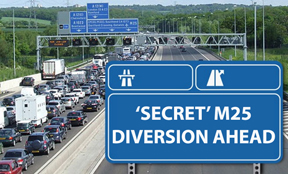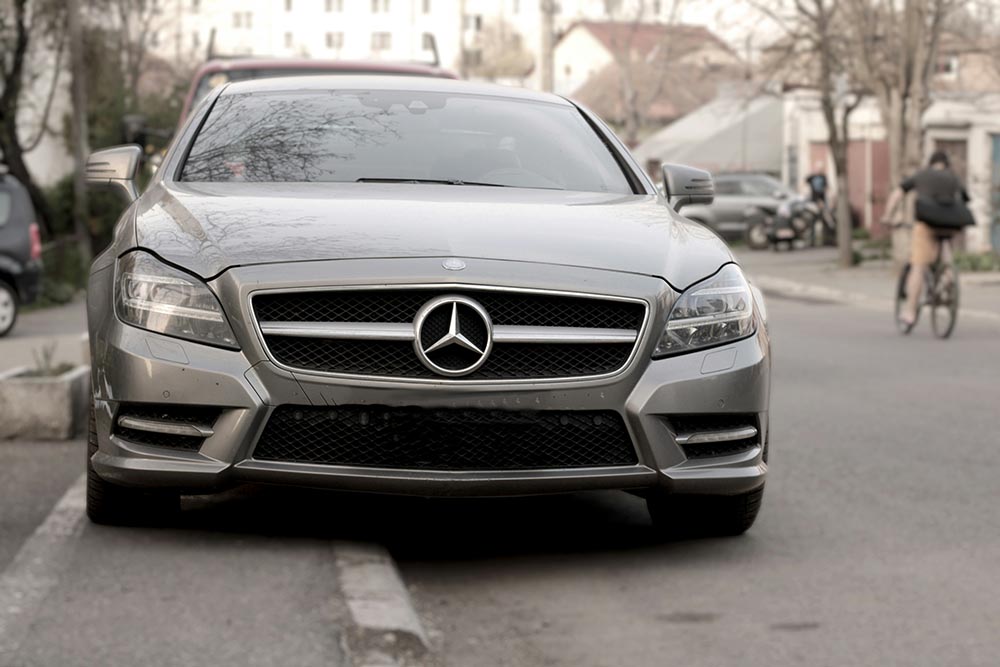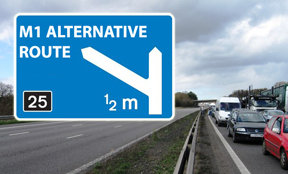
Selling a car or van involves more than just handing over the keys. You need to inform the Driver and Vehicle Licensing Agency (DVLA) and ensure that you handle road tax and insurance responsibilities correctly.
Failure to follow the correct process can lead to fines or ongoing financial liability for a car you no longer own. Here motoring journalist and expert Pete Barden breaks down the essential steps you must complete as soon as you sell.
 Selling your car? Make sure you let the DVLA
know or risk fines and prosecutions. (Photo by Theo
Lonic on Unsplash
Selling your car? Make sure you let the DVLA
know or risk fines and prosecutions. (Photo by Theo
Lonic on Unsplash
1. Gather essential documents
Before selling your vehicle, ensure you have the following documents:
- V5C Logbook – This is required to inform the DVLA about the change of ownership.
- MOT Certificate – Although not legally required, it reassures buyers about the vehicle’s roadworthiness.
- Service History and Receipts – These help increase the car’s value and trustworthiness.
- Any Existing Finance Clearance – If the car has outstanding finance, ensure it is settled before selling.
2. Complete the V5C logbook
The V5C document (logbook) is essential for transferring ownership. Here’s what you need to do:
- For a Private Sale: Complete section 6 (New Keeper details) and both you and the buyer should sign section 8. The buyer keeps the green ‘new keeper’ slip, while you send the main section to the DVLA.
- If Selling to a Dealer or Scrap Yard: Fill in section 9 and send it to the DVLA yourself.
- Online Notification: You can notify the DVLA of the sale online via their website. This is often quicker than posting the form.
3. Inform the DVLA immediately
Once you’ve sold the vehicle, it is your legal responsibility to notify the DVLA. Do not allow the new owner to let the DVLA know, be this a private buyer of dealer - or you could be leaving yourself open to big bills coming your way - and even prosecutions.
Informing the DVLA you have sold the car or other vehicle can be done:
- Online at www.gov.uk/sold-bought-vehicle
- By Post by sending the V5C form to: DVLA, Swansea, SA99 1BA.
You will receive an email or letter confirmation from the DVLA once the update is processed.
4. Cancel or transfer road tax
Vehicle tax does not transfer to the new owner. You must:
- Cancel Direct Debit Payments – If you pay vehicle tax via direct debit, it will automatically stop when you inform the DVLA.
- Claim a Tax Refund – If you paid tax upfront, the DVLA will refund you for any full months left after the sale.
- You can find a more detailed guide to cancelling road tax and getting a refund here.
The new owner must tax the vehicle before driving it.
5. Notify your insurance provider
Once the car is sold, inform your insurance company. You can either:
- Cancel your policy if you are not replacing the vehicle.
- Transfer the policy to your new car if applicable.
Failing to notify your insurer could result in you paying for a car you no longer own.
Warning: Risks of not informing the DVLA
If you do not notify the DVLA, you remain legally responsible for the vehicle. This could mean:
- Being liable for any speeding or parking fines the new owner incurs.
- Continuing to be charged for vehicle tax.
- Facing a fine of up to £1,000 for not informing the DVLA of the sale.
And finally...
Selling a vehicle is a straightforward process if you follow the correct steps. Ensuring that the DVLA and tax authorities are informed promptly will help you avoid financial and legal complications. Always keep confirmation records to prove you have completed the process correctly.
Subscribe for free motoring and travel news here - support independent journalism
Most read motoring content
Take a look at more of our top motoring-related content here...
-
How to spot a fake undercover police car
-
Do I need to pay the Dartford Crossing charge on Sundays?
-
Will I get a speeding ticket after being flashed
-
Do I need an international driving permit for France and Spain
-
Secret parking offences you're committing revealed
-
Alternative routes for beating jams on the M25
-
Alternative routes for the M1 motorway
-
Alternative routes for the M6 motorway
-
How old are my tyres - find out instantly here
-
What are the black dots on my windscreen for?
-
Are my sunglasses legal for driving?
Author: Pete Barden:
Twitter: @pete_barden
Pete Barden is a qualified journalist who has written and produced for publications including The Sun (thesun.co.uk), New Statesman Media Group, Whatcar? (Whatcar.com) Stuff Magazine (Stuff.tv), Fastcar Magazine (Fastcar.co.uk), Maxim Magazine and UK broadcast stations within the Heart network (Formerly GCAP). Pete specialises in motoring and travel content, along with news and production roles. You can find out more about Pete Barden on LinkedIn.











